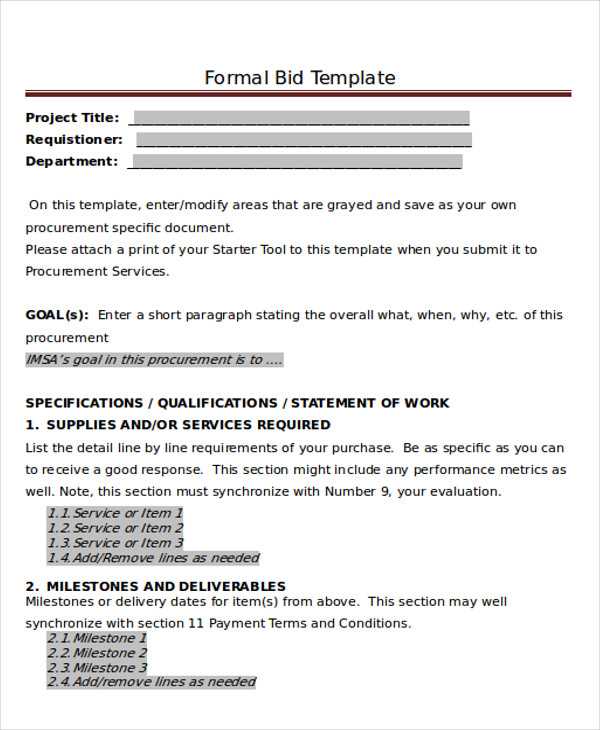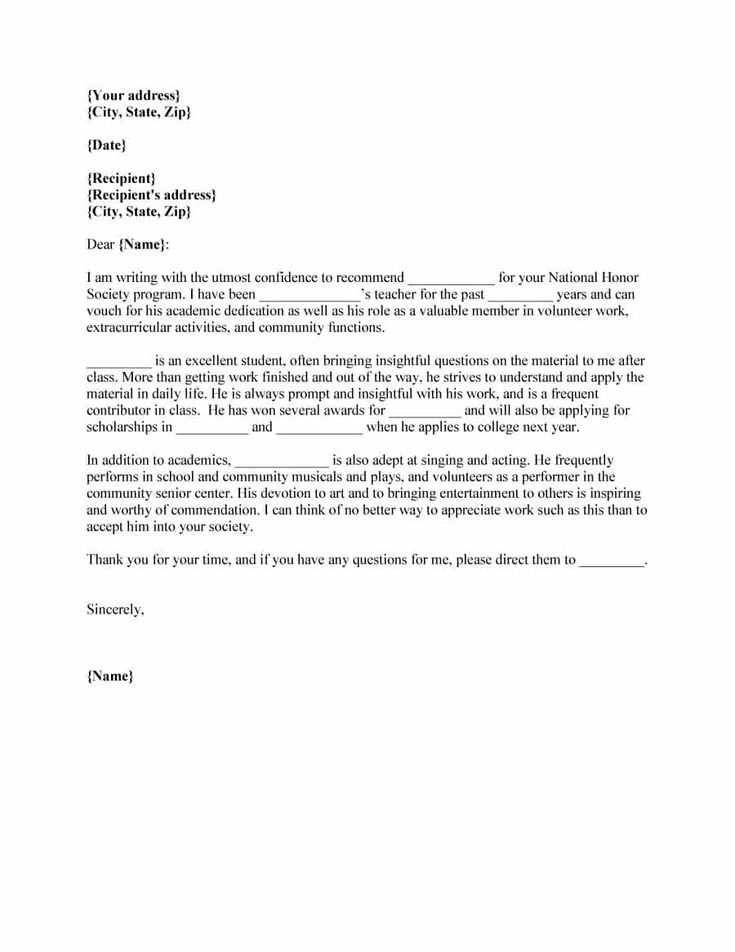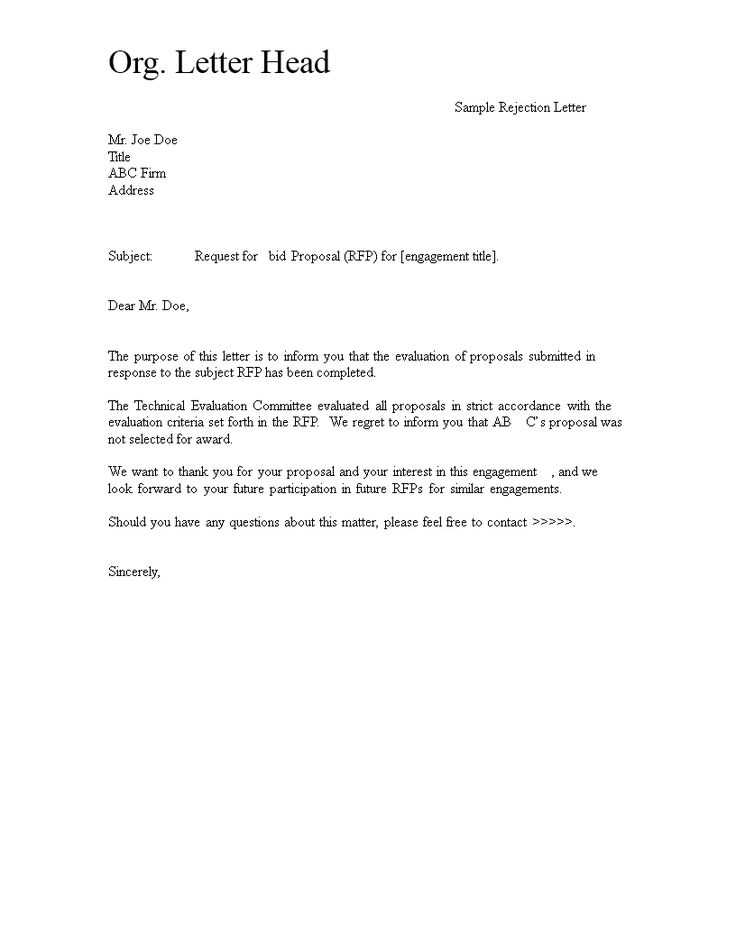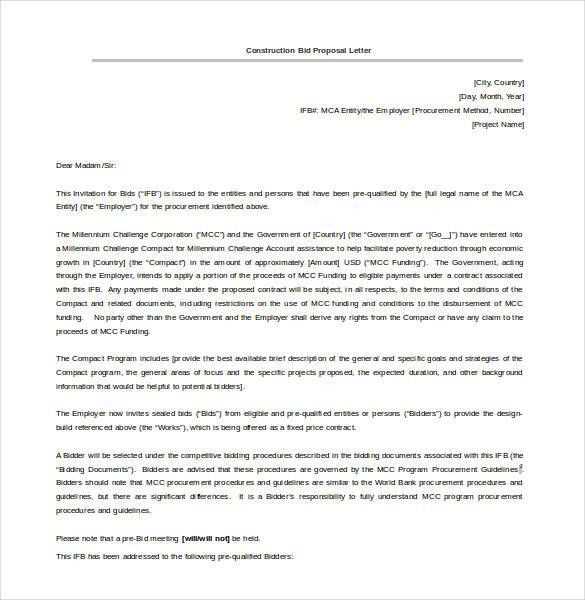No Bid Letter Template for Your Business Needs

In business, there are times when it is necessary to decline an opportunity while maintaining professional relations. Effectively communicating your decision ensures respect and leaves the door open for future interactions. This process involves crafting a response that is both clear and tactful, while also addressing the specific situation without burning bridges.
Why You Should Decline Carefully

Turning down a proposal can be a delicate task. A well-worded message can help you avoid misunderstandings and preserve relationships. It’s crucial to be respectful of the other party’s effort while expressing your own reasons for not moving forward. Doing so can prevent potential negative impacts and keep the door open for future collaboration.
Key Points to Address
- Clarity: Ensure your response is straightforward and concise.
- Appreciation: Acknowledge the time and effort put into the offer.
- Reasoning: Provide a brief explanation, if possible, to offer transparency.
Maintaining a Positive Tone

It’s important to balance professionalism and politeness. Even though you are declining, a courteous tone can leave a positive impression. Phrases like “I appreciate your time” or “Thank you for considering us” can soften the impact of your refusal and show your professionalism.
How to Respond to Different Scenarios
Each situation may require a slightly different approach, depending on the nature of the offer. Whether the opportunity is in a highly competitive environment or comes from a long-standing business partner, adjusting your message is important.
- Competitive Proposals: When declining an offer in a competitive context, focus on the factors that led to your decision without disparaging the competitor.
- Long-Term Partners: With long-standing relationships, be especially mindful of showing appreciation for the ongoing partnership and future prospects.
Declining an opportunity doesn’t need to be a negative experience. With the right approach, you can ensure your decision is understood while keeping relationships intact and leaving the door open for future engagements.
Why You Need a Formal Response to Decline an Offer
Declining an opportunity requires careful consideration to ensure the message is both clear and respectful. Providing a professional response allows you to maintain good relationships while communicating your decision. It’s essential to handle the process properly to avoid misunderstandings and to keep the door open for future engagements.
Crafting a Clear and Direct Response
A straightforward and concise response is vital when turning down a proposal. The goal is to avoid ambiguity while remaining respectful. Clearly state your decision, briefly explain why you’re unable to move forward, and show gratitude for the offer. This ensures the other party understands your position without feeling dismissed.
Common Mistakes to Avoid
- Being Too Vague: Offering a response that is too general can create confusion.
- Being Too Harsh: A blunt or overly direct approach can harm professional relationships.
- Not Acknowledging Efforts: Failing to express appreciation for the time and effort invested in the proposal can make the response seem dismissive.
How to Maintain a Professional Tone
Regardless of your decision, maintaining a courteous tone is crucial. A polite response reflects well on your professional reputation. Even when declining, phrases like “Thank you for considering us” or “We appreciate the opportunity” show professionalism and respect for the other party’s efforts.
Legal Considerations When Declining an Offer

While declining an offer is often straightforward, it’s important to ensure that your response doesn’t inadvertently breach any agreements or legal terms. Be mindful of confidentiality, non-compete clauses, or any other legal obligations that could impact your response.
Timing for Sending a Formal Response
Timing is important when turning down an opportunity. Responding promptly demonstrates respect for the other party’s time. Ideally, your response should come within a few days of receiving the proposal to ensure clarity and prevent delays in their planning process.